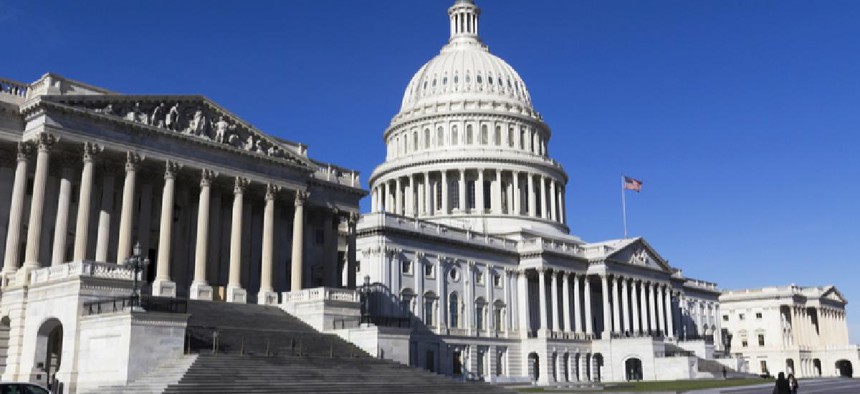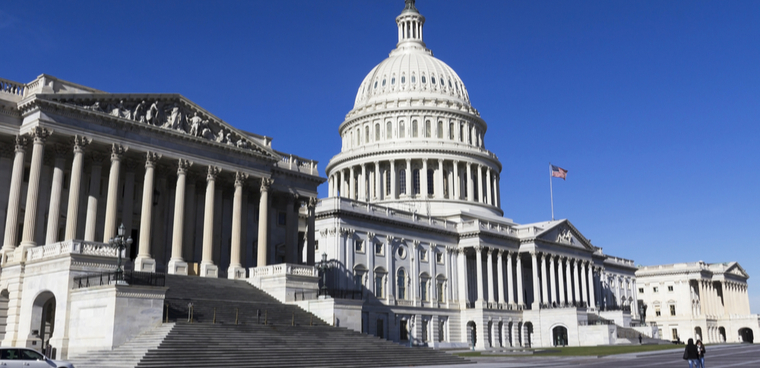Shaping post-Trump workforce policy

Democrats in Congress are considering legislation on multiple workforce fronts, including the issue of limiting the president's authority to remake the civil service via executive order.

Rep. Gerry Connolly (D-Va.) announced plans to reintroduce two bills covering inclusion and oversight of the federal workforce at a Feb. 23 House hearing.
National Security Diversity and Inclusion Workforce Act would require national security agencies to publicly report on their diversity and inclusion efforts and the Merit Systems Protection Board Empowerment Act would reauthorize the agency through 2026 and give it authority to survey federal employees.
Connolly, who chairs the Subcommittee on Government Operations of the House Committee on Oversight and Reform said the government is at a "critical inflection point" when it comes to federal workforce policy – and what he and other Democrats see as an assault on the civil service by former President Donald Trump and his administration.
"We will use what we learn here to better understand weaknesses in federal laws that are meant to enshrine merit systems in perpetuity," he said.
Connolly also is looking to pass legislation that would curtail the executive authority to remake the competitive service – as Trump attempted to do though his executive order establishing Schedule F to reclassify many feds in policymaking, confidential and managerial roles as essentially at-will employees.
Republicans on the committee defended Trump's workforce record, including Schedule F and three 2018 executive orders making it easier to fire federal employees and curtailing federal agency support of union activities.
"President Trump issued a series of executive orders to bring common sense back into the federal workforce and the workplace by scraping away some of the obstacles that have been put in place to shield those who are not pulling their weight," said ranking member of the subcommittee, Jody Hice (R-Ga.).
James Sherk, who served as the special assistant to the president for domestic policy in the Trump administration, told lawmakers that he believed the arduous process of firing federal employees is a major problem the Trump administration addressed with its policies.
"It's simply too hard to remove a bad employee," he said. "Most federal supervisors don’t believe that it's worth the time and the efforts to remove a poor performer."
Anne O’Connell, a Stanford University law professor with expertise in administrative law, said that using that reasoning to defend Schedule F was "disingenuous."
"If you're concerned about the difficulty in getting bad performing employees removed, then you want a fully staffed Merit Systems Protection Board to help process those deserved firings quicker," she said. Schedule F "seems like the wrong answer to various concerns."
Under Trump, the MSPB operated without a quorum of confirmed board members and currently faces a backlog of more than 3,000 appeals.
National president of the American Federation of Government Employees, Everett Kelley, said that Trump's policies curtailed the ability of unions and management to work together on resolving issues, especially during the pandemic.
"These executive orders have been more or less of a wink to the management officials saying, 'Look, do not talk with the employees, do not talk with the union, and whatever issues they bring up, just ignore it,'" he said.



